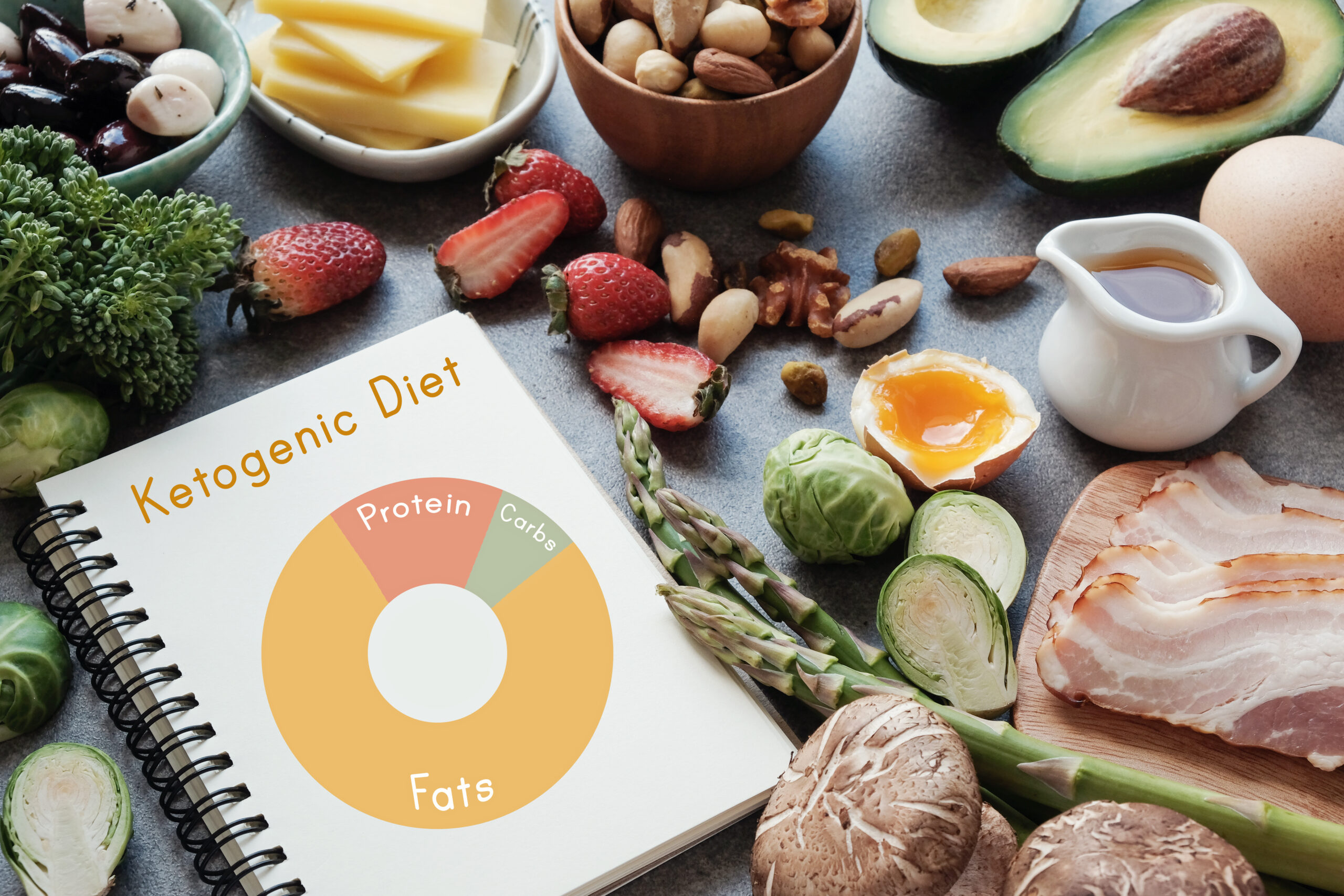How to choose safe and effective supplements for dementia
Choosing safe and effective supplements for dementia requires careful consideration because not all supplements are created equal, and some may even pose risks. Here’s a straightforward guide to help you make informed decisions.
First, focus on **supplements with solid scientific backing**. Some nutrients like vitamin D, omega-3 fatty acids (found in fish oil), magnesium, and creatine have shown promising benefits for brain health in research studies. These are generally considered safe when taken at recommended doses and might support cognitive function or overall brain health.
Avoid jumping on trendy or hype-driven supplements without strong evidence. For example, substances like colostrum or NMN (nicotinamide mononucleotide) often get attention but lack rigorous validation for dementia prevention or treatment.
It’s important to understand that **supplements are not regulated as strictly as prescription drugs**, so quality can vary widely between brands. Look for products that have been third-party tested by reputable organizations to ensure purity and accurate labeling.
Consulting with a healthcare professional is crucial before starting any supplement regimen—especially if you’re already taking medications—because some supplements can interact negatively with other drugs or cause side effects.
In addition to supplements, lifestyle factors such as maintaining good sleep quality, regular physical activity focusing on cardiorespiratory fitness and muscle strength, balanced nutrition rich in protein and fiber, and managing stress play vital roles in supporting brain health over time.
Some emerging research suggests certain medications approved for other uses might influence Alzheimer’s-related proteins positively; however, these findings are preliminary and require more study before being recommended broadly as treatments or preventive measures.
Ultimately, the best approach combines evidence-based medical care with healthy habits rather than relying solely on over-the-counter supplements marketed specifically for memory loss or dementia prevention. Prioritize safety by choosing well-studied nutrients under medical guidance while staying cautious about unproven claims circulating online or through marketing channels.





